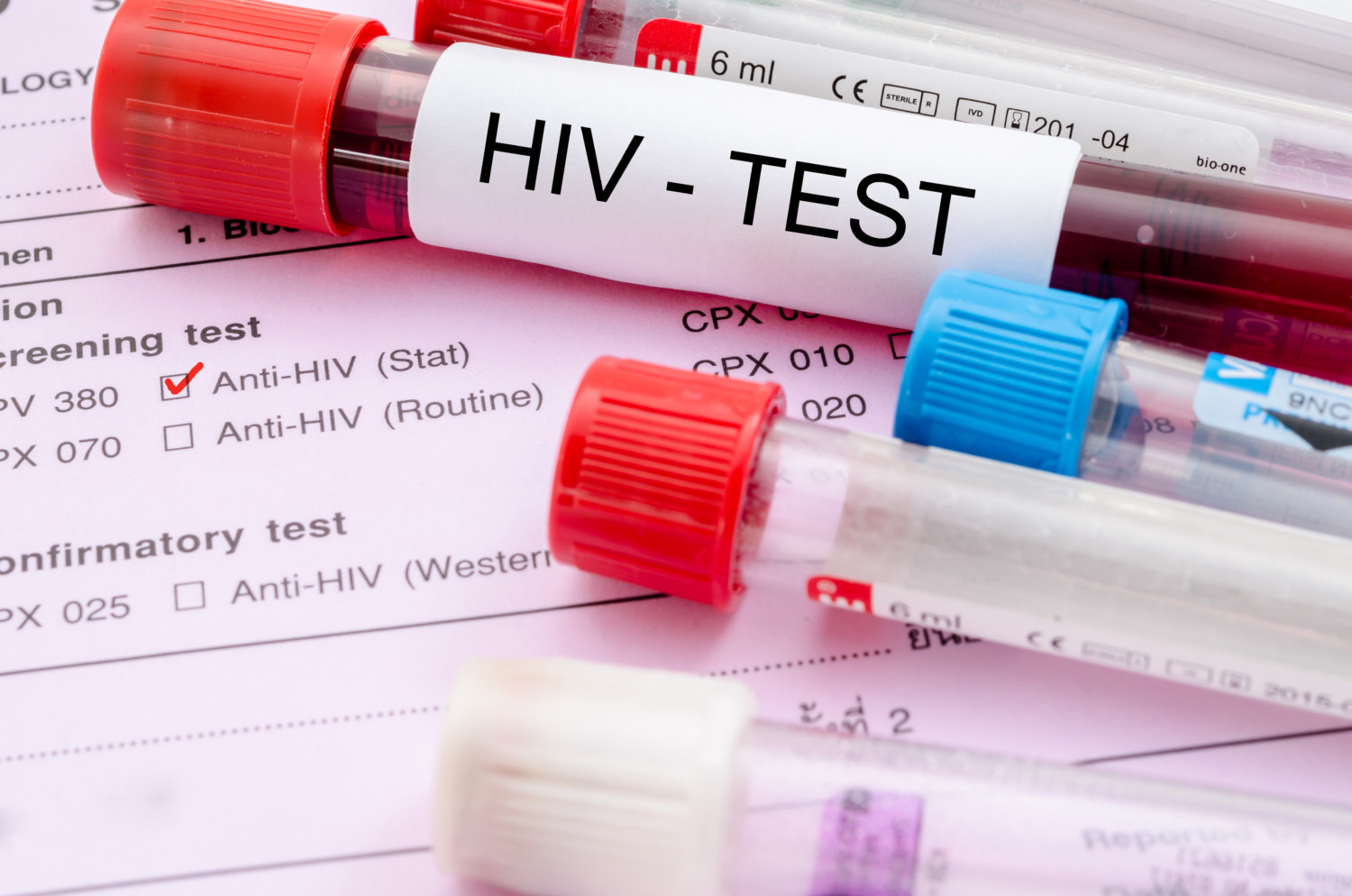A 66-year-old man is now cancer- and HIV-free after undergoing stem cell treatment at City of Hope in Los Angeles, a cancer research and treatment center.
The facility announced the exciting news at an international AIDS conference last week, noting that now the patient (who wishes to remain anonymous) doesn’t need daily medications to manage HIV.
“We were thrilled to let him know that his HIV is in remission and he no longer needs to take antiretroviral therapy that he had been on for over 30 years,” said Jana K. Dickter, associate clinical professor at City of Hope, in a press release. “He saw many of his friends die from AIDS in the early days of the disease and faced so much stigma when he was diagnosed with HIV in 1988. But now, he can celebrate this medical milestone.”
Here’s City of Hope’s tweet on the subject:
Breaking from #AIDS2022: City of Hope patient is 4th ever to achieve dual, long-term remission from HIV and acute #leukemia after stem cell transplantation from donor with a rare genetic mutation that stops HIV from replicating. Read: https://t.co/Rcpd8EhQZo @AIDS_conference
— City of Hope (@cityofhope) July 27, 2022
The man received a stem cell transplant in late 2019 as part of his treatment for acute myelogenous leukemia, a blood and bone marrow cancer. The stem cell donor carries a rare genetic mutation that blocks HIV from replicating in the body.
After the transplant, doctors have not seen any further evidence of HIV replicating in this patient’s body. The patient has now been in remission for 17 months. He didn’t stop taking his meds until March 2021, though — he wanted to wait until he could get his COVID vaccines first.
Though this news is encouraging, it’s not yet feasible as a widespread cure. A viable stem cell donor with the rare mutation must be identified for each transplant, according to CoH, and at the moment the therapy specifically targets older people with blood cancers and HIV.
The patient in question is just the fourth person in the world to enter full remission of HIV without antiretroviral therapy for more than a year after receiving stem cells from such a donor. These donors make up 1-2% of the general population.

Nonetheless, it’s a leap forward in knowledge. And the patient’s life is changed for the better, after more than three decades of living with HIV.
“When I was diagnosed with HIV in 1988, like many others, I thought it was a death sentence,” the patient said in the press release. “I never thought I would live to see the day that I no longer have HIV … I am beyond grateful.”
This story originally appeared on Simplemost. Checkout Simplemost for additional stories.


